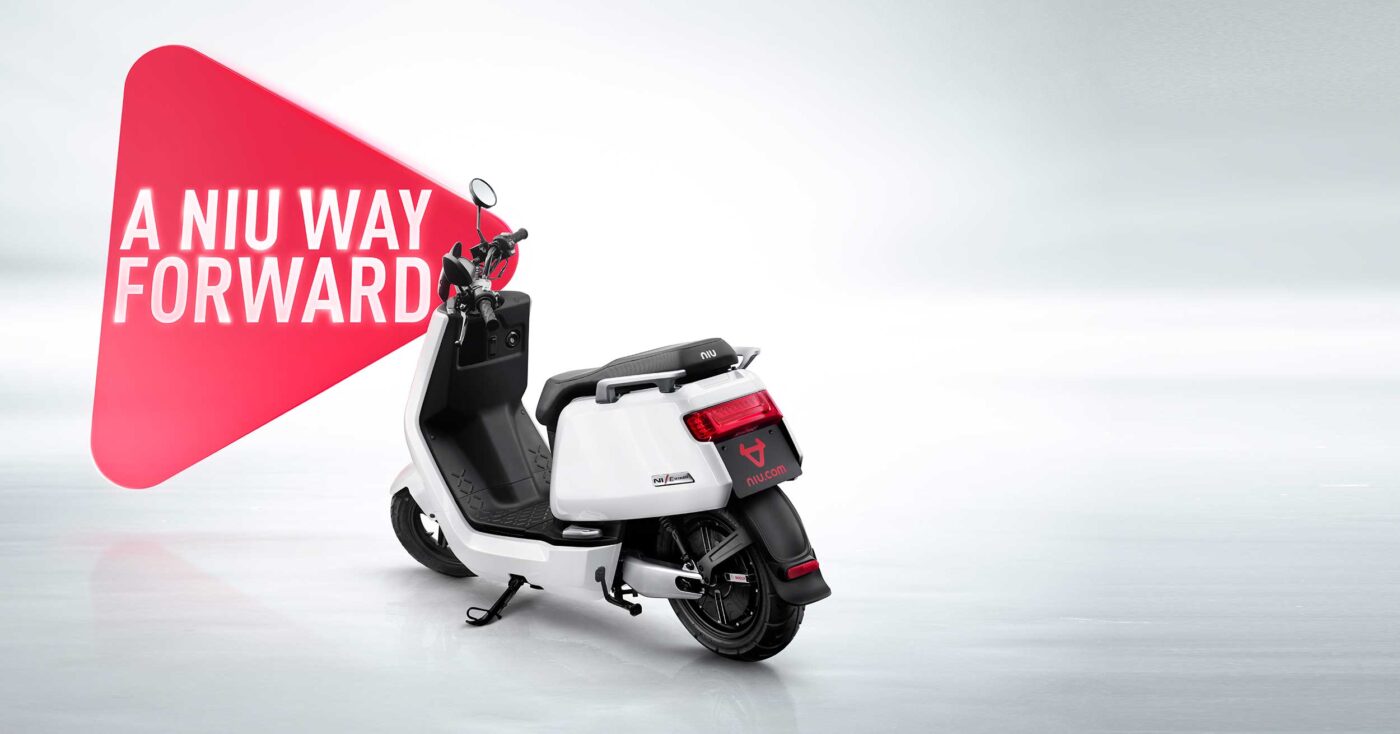The electric vehicle market in Nepal has seen a huge surge over the past few years, thanks to the tax exemptions allowed by the government and it’s only going to grow from here. But before you go ahead and make your purchase, it’s essential to understand the different taxes and duties associated with electric vehicles. In this article, we’ll give you a rundown on the electric vehicles tax in Nepal for 2023.
Understanding The Taxes Applied
Before delving into the new tax policies, let us first understand types of taxes that are levied on the import, purchase and ownership of vehicles in Nepal.
Custom Duty: Tax levied on the import of goods from other countries.
Excise Duty: Tax that is levied on the manufacturing of goods within the country.
Value Added Tax: VAT or Value Added Tax is a tax that is imposed on the value added at each stage of production and distribution of goods.
Vehicle Tax: It is a tax that is levied yearly for the ownership of a vehicle for the usage of Nepali roads. The rate of vehicle tax varies depending on the type of vehicle and motor capacity.
New Tax Policies for Electric Vehicles in Nepal
With the budget speech for the fiscal year 2079/80, the tax levied on electric vehicles has decreased compared to the highest where 80% tax was imposed, but is much higher than the time when the government had only levied 10% excise duty and exempted all custom duty on electric vehicles.
Excise Duty on EV for FY 2079/80
As for now, the government has announced a waiver of excise and customs on electric vehicles up to 100 kW capacity. However, for electric vehicles with a range of 100 kW to 200 kW, a 30 percent excise will be levied. For electric vehicles with a capacity of 201 to 300 kW, the excise duty will be 45 percent. And for electric cars above 300 kW, a 60 percent excise duty will be charged. This new provision will increase the price of long-range EVs in Nepal.
Customs Duty on EV for FY 2079/80
Customs duty on electric vehicles with pickup power greater than 100 KW has been increased to 20%.
| Capacity | Excise Duty | Custom Duty |
| 100kW and below | – | – |
| 101 kW – 200 kW | 30% | 20% |
| 201 kW – 300 kW | 45% | |
| 300 kW and above | 60% |
Value Added Tax on EV for FY 2079/80
With this, the EV consumer should also pay 13% Value Added Tax on the purchase of any EV and 5% other Tax will also be levied.
Vehicle Tax on EV for FY 2079/80
Other than these, yearly Vehicle/Road Tax will also be levied to every electric vehicle owner. This is also your bluebook renewal fee and should be paid by the end of every fiscal period by visiting the Transportation Management Office or online via Nagarik App.
EVs with motor output from 350 Watt to 1000 Watt will have to pay Rs. 2000 per year. EVs with motor output from 1001 Watt to 1500 Watt will have to pay Rs. 2500 per year and EVs having higher capacity that 1500 Watt will have to pay Rs. 3000 per year.
| Motor Output | Vehicle Tax Amount per year |
| Lower than 350 Watt | – |
| 350 Watt to 1000 Watt | Rs. 2000 |
| 1001 Watt to 1500 Watt | Rs. 2500 |
| 1501 Watt and higher | Rs. 3000 |
Conclusion
We know the electric vehicle tax in Nepal can be super confusing, but it is important to understand the different taxes imposed on electric vehicles in Nepal. The government’s initiatives to encourage the use of electric vehicles are commendable but they could be better. However, we hope to see more people switch to electric vehicles in the future.

